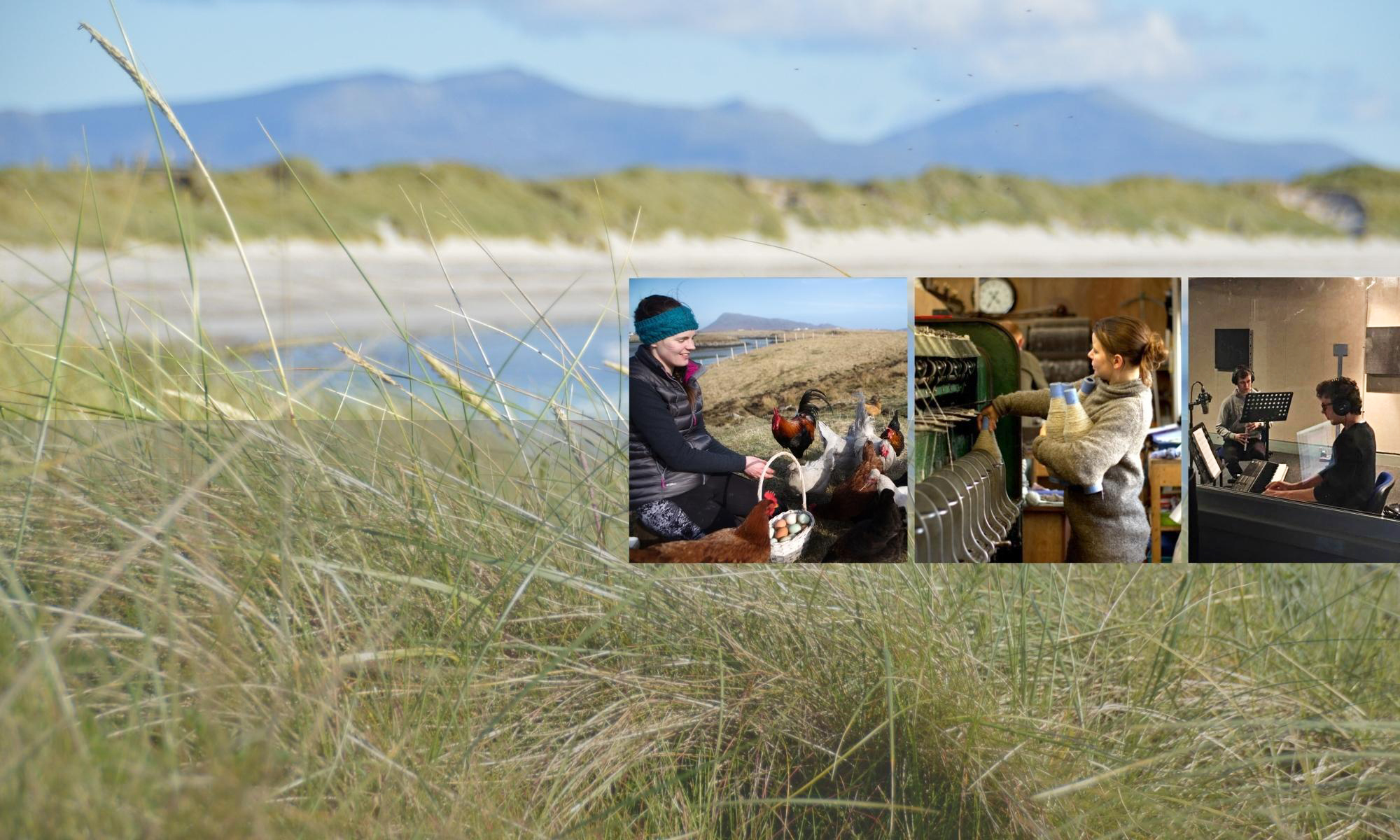The Islands revival is being driven by the amazing social capital that islands deliver, which is encouraging people to return, settle and stay. The above average levels of social capital present in the islands has been evidenced by a recent report by the Scottish Government.
Social capital is the social connections that contribute to people’s quality of life, health, safety, economy and well-being in the neighborhoods where they live. These social connections are a source of support through people’s lives, for instance, in education, workplaces, retirement and leisure.
Residents of the Western Isles came out on top in ranking their neighborhoods positively. Orkney received the second-highest ranking.
With social capital’s contribution to quality of life and well-being, more young people want to stay in the region. This has been evidenced by further reports, such as the attitudes and aspirations survey conducted by HIE for those aged 15-30 year old between 2015 and 2018.
These public sector surveys further strengthen the work CoDeL has carried out locally in Uist and Benbecula. Young people repeatedly reference the strong support given by the community for their start-up business, for example. Strong social capital can be a catalyst for regeneration and reversing trends depopulation.
The recent Scottish Government report points to perceived higher levels of social capital in rural areas than the Scottish average. People living in remote areas are also more likely to take action in improving their local neighborhood, despite a feeling that it is more difficult to influence local decisions.
The report concludes that statistics alone cannot provide a holistic understanding of community well-being: “A plural and multidimensional approach to understanding and measuring social capital, for example through multi-measurement data-dashboards and qualitative research, helps to highlight the connections and interdependencies between important economic, social, personal and historical factors. Case study stories also provide a perspective rooted in lived experience that is not available through quantitative research alone.”
Through the work of Islands Revival and CoDeL, these case study stories are increasingly brought to the fore.

